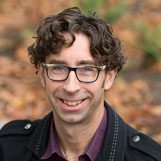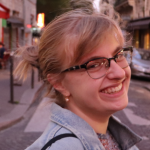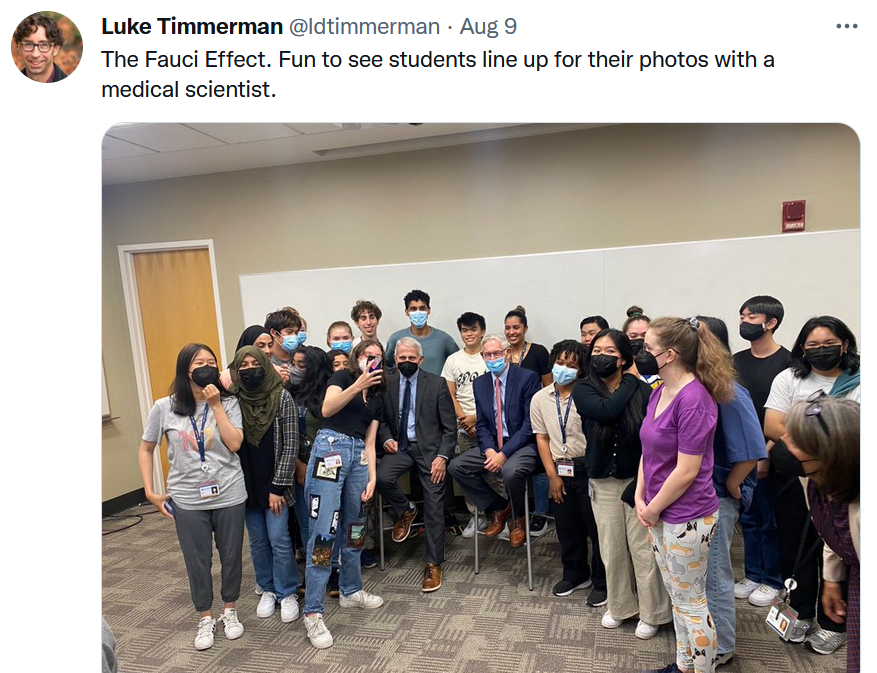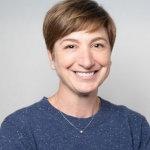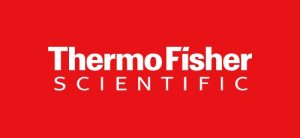12
Oct
2022
Inflation Reduction Act: Big Changes Lurking for Drug Development

Alex Harding, MD, senior vice president, Remix Therapeutics; internal medicine physician, MGH.
Seven years ago, Martin Shkreli raised the price on Daraprim, an old generic drug that’s vital for some HIV patients. The price rocketed up 5,000 percent – from $13.50 a tablet to $750.
Outrage ensued. The backlash was felt across the entire biopharmaceutical industry. Then-presidential candidate Hillary Clinton vowed, in a tweet, to “lay out a plan to take…on” drug price gouging. The XBI biotech stock index lost about half of its value over the next year.





